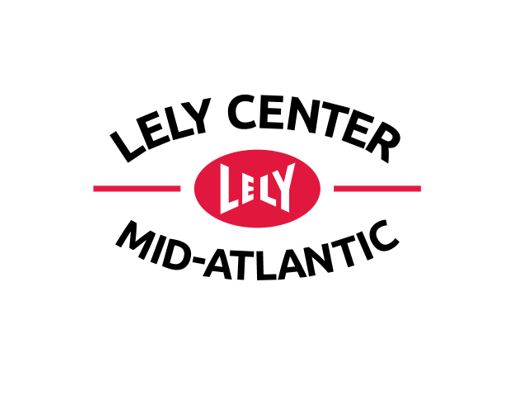When someone’s deep in the process of choosing a brand of milking robot, the most common advice they hear from current users is:
“Where’s your closest dealer?”
Why is that the first question—especially when the person asking is mechanically inclined and tech-savvy?
Because no matter how good you are with equipment, you’ll never have the same tools, software access, or field experience as a trained robot technician. And at 3 AM, with cows bellowing in the barn, you want someone who’s already seen—and solved—that problem before.
Problem #1: Service Technicians
If you’re lucky, you’ve got a local dealer like Lely Center Mid-Atlantic. Right now, we’re firing on all pistons. Our team is stronger than ever, with two up-and-coming techs joining an already rockstar crew. Our robot herd uptime sits at an impressive 99.37%.
So what’s the problem?
When you’re at the top of the mountain, the challenge shifts from getting there to staying there. Labor challenges today are nothing like they were 20 years ago. Employees want more from their careers—and they’ve got plenty of options that don’t include being on call 24/7.
We’re fortunate to have a team that understands the life of a dairy farmer and accepts the demands of the job. But it’s our responsibility to protect them—so they can continue delivering the exceptional service our customers rely on. And frankly, whether customers realize it or not, that’s their problem too.
Problem #2: Inconsistent Expectations & Unpredictable Costs
From the customer’s perspective, their only point of contact is usually their technician. What they may not realize is that no two farms handle service the same way.
- Customer A wants the tech to handle only part of the maintenance.
- Customer B wants to be called before anything is touched.
- Customer C wants the tech to fix everything, no matter how small.
This creates a huge challenge for our techs, who want to service equipment to the highest standards—but often have to hold back, knowing it could mean a midnight emergency call later on.
On the flip side, we understand where customers are coming from. One of the biggest challenges they face is variable service invoices. One month it’s a routine checkup, the next it’s an emergency call, a big repair, or a tech traveling from across the region. And yes, those costs can swing significantly—month to month and year to year.
After a good year, there’s usually a “catch-up” year. That unpredictability leads some customers to delay maintenance or skip repairs, which causes problems to snowball.
But what if it didn’t have to be that way?
Introducing: Service Agreements
At Lely Center Mid-Atlantic, we’ve been studying these bottlenecks for years—on both the customer and dealer side. We’re now piloting Service Agreements designed to offer a win-win for everyone.
Here’s what we’re working on:
Service agreements would give customers a choice of coverage levels at a single, predictable monthly rate per robot:
- Level 1 “Maintained” –Covers all your scheduled maintenances per year. If you’re already following Lely’s recommended service schedule, this helps spread the cost evenly and removes variability from things like travel distance or timing.
- Level 2 “Covered” – Includes all maintenance and repair parts/labor.
- Level 3 “Complete” – All-inclusive: maintenance, repairs, parts, labor, emergency calls—everything.
What’s in it for technicians?
Service agreements let our techs do what they do best—proactively maintain and repair robots without being limited by cost concerns. It reduces the number of unplanned calls, helps prevent emergencies before they happen, and allows us to apply lessons learned from one farm to others—at no additional cost to producers.
What’s in it for customers?
Peace of mind. One monthly payment, no surprise invoices, and coverage from a team of highly trained, experienced technicians.
We believe this is a true win-win: predictable costs for producers, improved work-life balance for techs, and better uptime for robots across the board.
We’re currently testing this with a select group of farms before rolling it out more widely. In the future, when someone tells a dairyman to find their closest dealer, they can rest easy knowing that no matter the distance, they’re covered by a team of rockstar techs—on a budget they can plan for.
Stay tuned for more updates as we move forward with this exciting new path for our current and future customers.
